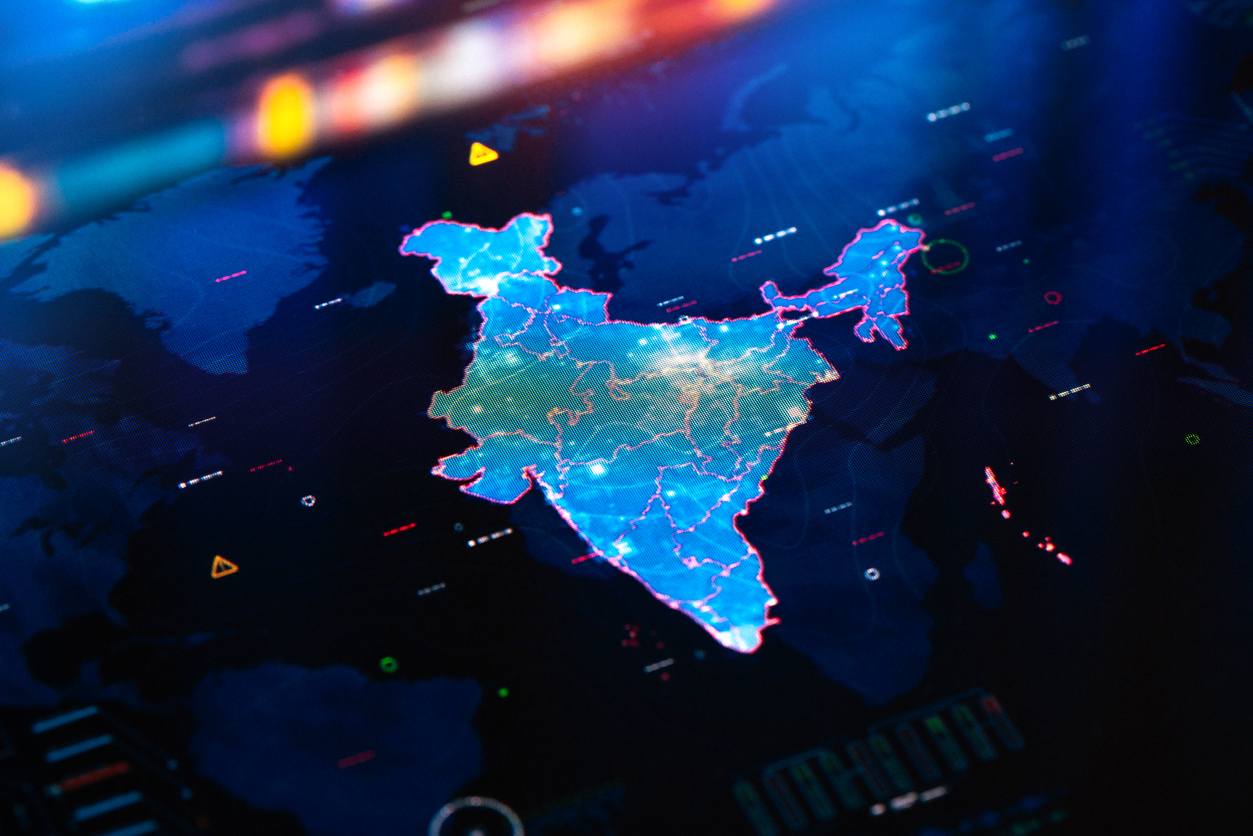- Saturday, July 27, 2024
Achieving a balance between national sovereignty and global governance in cyberspace remains a challenge in today’s world.

By: Rajitha Singh
THE rapid advancement of digital technologies has transformed our interconnected world. Traditional notions of sovereignty and jurisdiction are being redefined in the digital age. International law must adapt to address the challenges posed by cyber-related activities. New norms, principles, and treaties are emerging to regulate state behaviour in cyberspace.
The Budapest Convention on Cybercrime, adopted by the Council of Europe in 2001, is a significant international treaty addressing cybercrime. It provides a framework for international cooperation in investigating and prosecuting cybercrime offenses. The United Nations Group of Governmental Experts (UN GGE) has also played a crucial role in developing norms for responsible state behaviour in cyberspace.
However, achieving a balance between national sovereignty and global governance in cyberspace remains a challenge. The principle of state sovereignty, enshrined in Article 2(1) of the UN Charter, is being tested by the borderless nature of cyberspace. States must navigate the complex interplay between their domestic laws and international obligations in the digital realm.
Read: India built best digital economy, finance architecture globally: Nobel laureate Spence
Data privacy and protection
Cross-border data flows have become integral to the digital economy. However, jurisdictional conflicts arise when data is transferred across borders The European Union’s General Data Protection Regulation (GDPR) has set a global standard for data protection. It applies extraterritorially to organizations processing the personal data of EU citizens.
Read: Bangladesh to amend Digital Security Act, ease curbs on press freedom
Regional initiatives, such as the ASEAN Framework on Personal Data Protection, also aim to harmonize data protection standards. The landmark judgment in Shreya Singhal v. Union of India (2015) recognized the right to privacy as a fundamental right under the Indian Constitution. Balancing data protection with the free flow of information remains a key challenge.
Cybersecurity and cyber threats
Cyber attacks, data breaches, and information warfare pose significant threats to national security and economic stability. The NotPetya ransomware attack in 2017 caused billions of dollars in damages worldwide. International cooperation, information sharing, and capacity-building efforts are crucial to enhance cybersecurity resilience.
The Paris Call for Trust and Security in Cyberspace, launched in 2018, brings together governments, civil society, and the private sector to promote stability in cyberspace. India’s National Cyber Security Policy 2013 also aims to create a secure cyber ecosystem and strengthen the country’s cybersecurity capabilities.
Digital rights and civil liberties
The digital age has brought forth new challenges to individual freedoms. The tension between security imperatives and privacy rights is evident in cases like the Apple-FBI encryption dispute. International human rights law, including the Universal Declaration of Human Rights, provides a framework for protecting digital rights.
The Supreme Court of India, in K.S. Puttaswamy v. Union of India (2017), recognized the right to privacy as a fundamental right under Article 21 of the Indian Constitution. The court emphasized the need to balance individual privacy with legitimate state interests. Judicial mechanisms play a crucial role in safeguarding digital rights and holding governments accountable.
Emerging technologies and legal challenges
Artificial intelligence (AI), blockchain, and the Internet of Things (IoT) present novel legal challenges for international law and governance. The use of autonomous weapons systems raises ethical and legal concerns under international humanitarian law. The Tallinn Manual 2.0 provides guidance on applying international law to cyber operations.
The decentralized nature of blockchain technology challenges traditional regulatory frameworks. The UNCITRAL Model Law on Electronic Transferable Records recognizes the legal validity of electronic transferable records. Adaptive and forward-looking legal frameworks are needed to address technological convergence and standardization.
Fostering international cooperation and multi-stakeholder participation is crucial for effective digital governance. The Internet Governance Forum (IGF) provides a platform for dialogue among governments, civil society, the private sector, and technical communities. Inclusive and rights-respecting frameworks must balance innovation, security, and individual freedoms.
Capacity-building initiatives and digital literacy programs are essential to bridge the digital divide and empower marginalized communities.
The Digital India initiative aims to transform India into a digitally empowered society and knowledge economy. Ethical considerations and accountability must be at the forefront of developing and deploying digital technologies.
Interdisciplinary collaboration and research are vital to inform policy-making and legal responses to emerging challenges. The International Law Commission’s work on the protection of the environment in relation to armed conflicts highlights the need for a holistic approach.
The future of international law and global governance in the digital age depends on our collective efforts to shape a resilient and inclusive digital ecosystem.
The writer is an LLB student in Bengaluru, India.